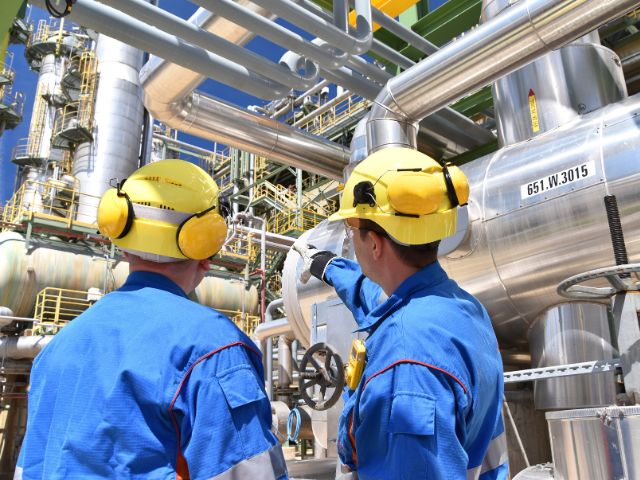
Every single hour, at any time of day, our homes and businesses must supply energy and water on demand without even a moment of interruption. Instant access to basic necessities like power and water has become expected in the modern era, and many people don’t even consider how such necessities are supplied. To show you how cities and villages alike manage to provide every household and business with basic resources, here are the top things you need to know about industrial pipelines.
Running beneath the surface of the US are millions of miles of pipelines that weave a complex web between every building and facility. At first, such a mess may seem off-putting, but pipelines are truly the best way of transporting important resources like water, gas, and oil. Not only do pipelines provide a constant flow of resources rather than intermittent deliveries, but they’re also the safest method of transportation. While not invulnerable, being underground means the pipelines are out of the way and protected from potential dangers, such as extreme weather, that may otherwise damage the pipes.
One of the most important things you need to know about industrial pipelines is how experts maintain and expand upon them. In particular, hot and wet tapping services are critical for ensuring pipelines are well cared for with as little interference as possible. If pipelines had to be stopped every time maintenance was necessary, many homes would find themselves without essentials like power and water. Wet tapping services allow pipes to be isolated for maintenance without interrupting service. Instead, the flow of resources is redirected, ensuring the pipes continue to function even while they’re being worked on.
Something to note is that pipelines may be made from a range of materials, as many older pipelines are still in service today despite innovations and improvements. The materials used for pipelines need to be able to withstand incredible amounts of pressure indefinitely, so you’ll find early pipelines are made from cast iron as a result. Today, you’ll find more economical materials like PVC pipes or heavier-duty pipes like cement pipes combined with steel cylinders.
24World Media does not take any responsibility of the information you see on this page. The content this page contains is from independent third-party content provider. If you have any concerns regarding the content, please free to write us here: contact@24worldmedia.com